Trunk Economics | January 19, 2025
Davos, Beware: The US Industrial Reclamation is Underway
The dynamics of buyer-seller relationships between emerging markets and the US are poised to undergo a significant shift. With the President of the US, the world's largest economy, taking the lead in redefining the terms of international trade, the traditional paradigm is giving way to a more complex and nuanced framework.
ON JANUARY 20, 2025, THE DAY Donald Trump officially takes over as the US president for the second time, leaders—politicians, CEOs, academicians, climate advocates, musicians, policy wonks, scientists, entrepreneurs—from across the world will start arriving in Davos, a picturesque alpine ski resort in Switzerland.
For decades now the annual meeting of the World Economic Forum (WEF) has stood out as `the’ event to commence the calendar year for almost everyone to discuss and debate on the most pressing issues of the time.
The theme for this year’s meeting is titled `Collaboration for the Intelligent Age’, a rather Hobsbawm-esque descriptor. Eric Hobsbawm, the late British historian, had seminally described the 20th century as `The Age of Extremes’ given that the period was marked by intense political and military conflict, as well as rapid social and technological change.
Amid the sweeping transformations that artificial intelligence (AI) is triggering in homes, farms, offices and factory floors, the theme’s phraseology for this year’s Davos jamboree is understandable. The world is, indeed, cantering into the high noon of an `intelligent age’. Only that `intelligence’ here broadly refers to `artificial’, driven by `man-made’ technology and not by innate human rational power.
There is, of course, no gainsaying the fact that we can ignore the AI’s disruptions only at our own peril. The onus, and anxiety, of leaders who are in charge of piloting the world through this immensely transformative period, is exponentially greater than the rest.
This is true for both political leaders and technology innovators, for they need to ensure that the promise and delivery of AI far outweighs the risks of potential devastation as many sceptics such as the philosopher, author Yuval Noah Harari have been flagging.
The assembly at Davos, will need to grapple with three pivotal imperatives: 1. Navigating geopolitical turbulence: Developing strategic responses to mitigate the far-reaching repercussions of geopolitical shocks on global stability and prosperity; 2. Catalysing inclusive growth: Exploring innovative solutions to stimulate economic growth, improve living standards, and reduce income disparities, thereby fostering a more equitable global economy; and 3. Orchestrating a just energy transition: Charting a collective course towards a sustainable, inclusive, and climate-resilient energy future, balancing the imperatives of environmental stewardship, social justice, and economic viability.
Reshoring born again aka MAGA
While these are noble purposes, there is a distinct development in the current context that world leaders should not ignore amid the bubbling fervour of the AI-spawned disruptions. This is the return of the blistering argument to “reshoring” as part of Trump’s commanding MAGA (Make America Great Again) political goal.
Trump trumped his opponent in the Presidential race, also because, among other things, he had a compelling and convincing story that his administration will make jobs and manufacturing return to the USA.
In many ways, this marks a return of reshoring into global political and geo-strategic vocabulary after ten years, albeit involving different personages.
US as a re-industrialising contender
In 2014, too, one could notice a subtle metamorphosis in some of the world leaders’ considered grammar at Davos. At that time, British Prime Minister David Cameron had cautioned that the West cannot afford to be “starry eyed” about globalisation and that it was about time to bring home the benefits by seizing the re-shoring opportunities.
How, this time around, given that the President of the US, the world’s largest economy, is leading the arguments, will the dynamic of buyer-seller relationships between emerging markets and the US going to change?
How will a potentially decisive shift towards the US’s re-industrialisation, driven by a resurgent focus on domestic manufacturing and innovation, actuate a fundamental change in the competitive calculus?
Importantly, how will it affect countries like India and China, erstwhile beneficiaries of globalization's outsourcing bonanza? How should India look at and prepare to deal with a state of play if it increasingly finds itself pitted against the US as a re-industrializing contender, vying for technological supremacy, market share, and economic primacy?
This nascent rivalry promises to reshape the contours of global trade, investment, and geopolitics, as the old certainties give way to a more multipolar and competitive world order. Collaboration will have to move much beyond catchy echoes in cosy atmospherics to tangible, real world sequels with measurable metrics where everyone gets better off without making anyone else worse off.
Explore More
-
ON JANUARY 20, 2025, THE DAY Donald Trump officially takes over as the US president for the second time, leaders—politicians, CEOs, academicians, climate advocates, musicians, policy wonks, scientists, entrepreneurs—from across the world will start arriving in Davos, a picturesque alpine ski resort in Switzerland.
-
THERE’S A LOT THAT GOES ON behind a family vacation. Affordability, while being a central determinant, is still only one among the many constituents that swings a family’s vote towards a particular location in a catalogue of multiple destinations.
-
BY ALL MEASURES, 2025 PROMISES to be an eventful year. For one, Donald Trump will again assume office as the President of the United States of America.
-
TWENTY-FIVE YEARS AGO, IN THE run-up to the new millennium, two anxieties gripped the world. The first was technological and was in the making for more than a year. The problem was straightforward:
-
THERE IS A PECULIAR RANDOMNESS ABOUT the timing of a recent policy decision. The Goods and Service Tax (GST) Council, headed by Union Finance Minister Nirmala Sitharaman, on December 21,
